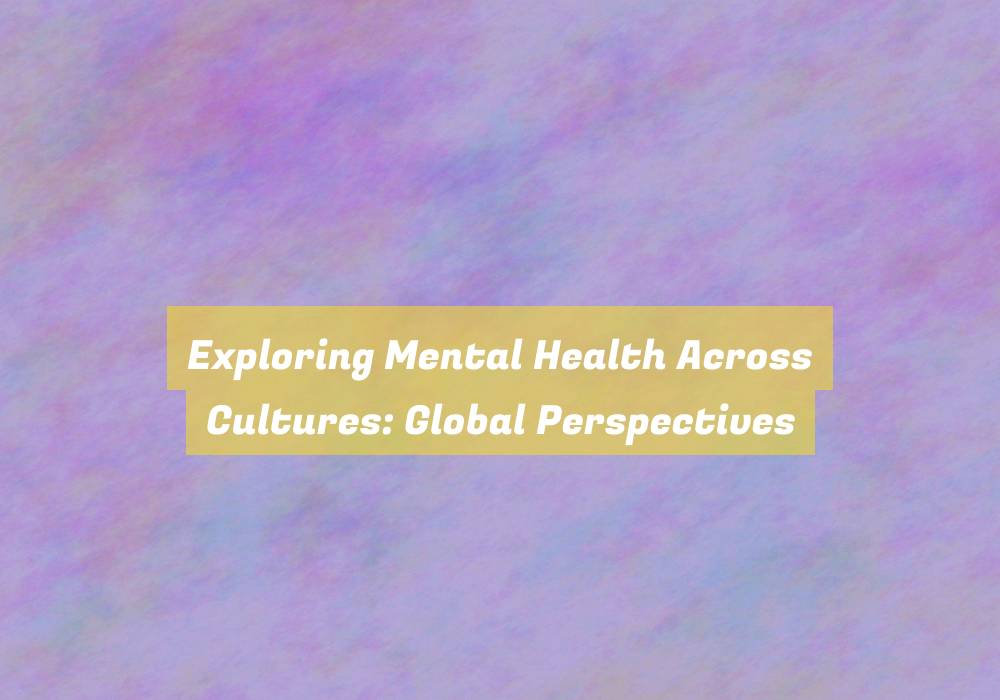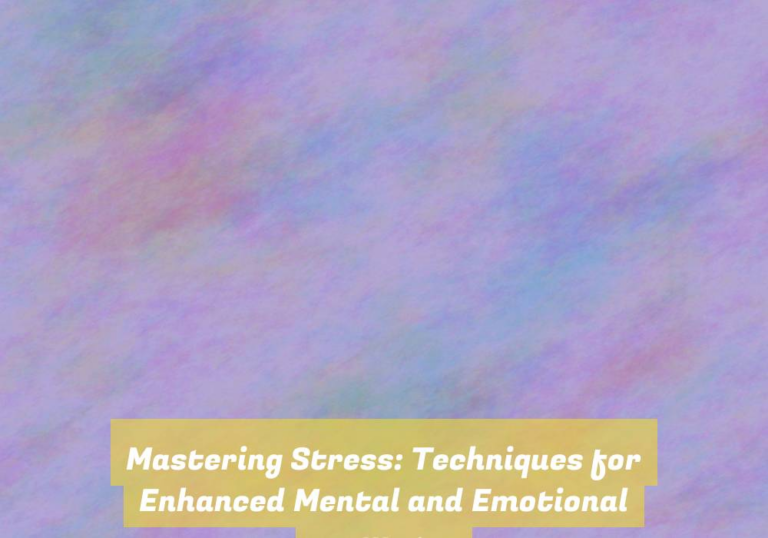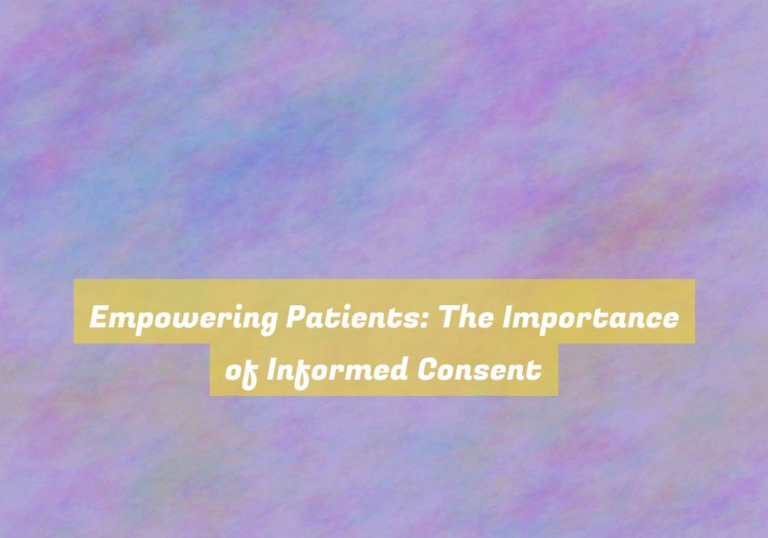Exploring Mental Health Across Cultures: Global Perspectives
Step into the intricate web of mental health, where the tapestry of cultural diversity intertwines with the universal experience of human emotions.
As you navigate through the complexities of how different cultures approach and perceive mental health, youG??ll gain insights that challenge preconceived notions and broaden your understanding of the global landscape.
From the influence of cultural beliefs on mental health to the stigma surrounding psychological disorders, this exploration will shed light on the nuances that shape mental health across diverse societies, leaving you with a deeper appreciation for the multifaceted nature of this crucial aspect of human well-being.
Cultural Influences on Mental Health
Understanding how cultural factors impact mental health is essential for providing effective and culturally sensitive care to individuals from diverse backgrounds. Cultures shape the way people perceive and express mental health issues. In some cultures, mental health concerns may be stigmatized, leading individuals to avoid seeking help.
For instance, in collectivist cultures, where the emphasis is on the group rather than the individual, mental health issues might be seen as a family problem rather than an individualG??s concern. This can impact how individuals from such cultures perceive their own mental health and can influence their willingness to seek professional help.
Moreover, cultural beliefs and practices can also shape the manifestation of mental health symptoms. For example, in some cultures, psychological distress might be expressed through somatic symptoms rather than verbalizing emotional struggles.
Therefore, by understanding these cultural nuances, mental health professionals can tailor interventions to better meet the needs of individuals from diverse cultural backgrounds, ultimately enhancing the effectiveness of mental health care.
Stigma and Taboos in Mental Health
Stigma and taboos surrounding mental health can significantly impact individualsG?? willingness to seek support and treatment. In many cultures, mental health issues are stigmatized, leading to feelings of shame, fear of judgment, and reluctance to openly discuss or seek help for such conditions. This can result in individuals suffering in silence, without access to the necessary support and treatment.
Stigma and taboos can also lead to social isolation, as individuals may be ostracized or discriminated against due to their mental health challenges. Furthermore, cultural beliefs and norms can perpetuate these stigmas, making it even more challenging for individuals to seek the help they need.
Addressing stigma and taboos surrounding mental health requires a multifaceted approach that involves education, advocacy, and destigmatization efforts within communities. ItG??s essential to foster open conversations about mental health, challenge misconceptions, and promote understanding and empathy.
Traditional Healing Practices
Traditional healing practices play a significant role in many cultures, offering alternative approaches to addressing mental health and well-being. Across the globe, various traditional healing methods have been utilized for generations to promote mental wellness. These practices often encompass a holistic approach, considering the interconnectedness of the mind, body, and spirit. They may involve rituals, herbal remedies, storytelling, meditation, or other culturally specific techniques aimed at restoring balance and harmony within an individual.
In some cultures, traditional healers, such as shamans, medicine men, or elders, play a crucial role in providing mental health support. Their deep understanding of cultural beliefs and practices allows them to address mental health concerns within the context of the communityG??s values and traditions. These healers often provide a sense of belonging and cultural identity, which can be particularly beneficial for individuals struggling with mental health issues.
Furthermore, traditional healing practices often emphasize the importance of community and social support in the healing process. By involving family members, community leaders, and spiritual guides, these practices create a network of support that extends beyond the individual, fostering a sense of collective responsibility for mental well-being.
Global Mental Health Policies
Global mental health policies aim to establish comprehensive frameworks for addressing mental health needs on a worldwide scale, integrating diverse cultural perspectives and evidence-based practices. These policies are crucial in providing guidance for governments, organizations, and healthcare systems to develop effective strategies for promoting mental well-being and providing accessible, high-quality mental health services.
By recognizing the cultural variations in understanding and addressing mental health, global mental health policies strive to ensure that interventions are respectful of diverse beliefs and practices. They also emphasize the importance of implementing evidence-based approaches that have been proven effective across different cultural contexts.
Furthermore, these policies advocate for the integration of mental health services into primary healthcare systems, aiming to reduce stigma and increase access to mental health support. Additionally, global mental health policies prioritize the protection of human rights for individuals with mental health conditions, advocating for policies that promote inclusion, autonomy, and non-discrimination.
Ultimately, these policies seek to create a more equitable and supportive environment for individuals with mental health concerns worldwide.
Conclusion
As youG??ve seen, mental health is greatly influenced by culture, stigma, and traditional healing practices.
ItG??s important to recognize and respect these differences in order to provide effective global mental health care.
By understanding and addressing these factors, we can work towards creating more inclusive and supportive mental health policies on a global scale.
LetG??s continue to explore and learn from each otherG??s perspectives to improve mental health outcomes for all.





Your exploration of the intricate relationship between cultural diversity and mental health resonates deeply with me. As someone who has immersed themselves in different cultures, I’ve come to appreciate how profoundly our backgrounds shape our perceptions and experiences of mental health.
It’s fascinating to hear how your experiences with different cultures have shaped your views on mental health. The interplay of culture and mental wellness is certainly complex, and it’s heartening to realize there’s a growing recognition of this relationship.